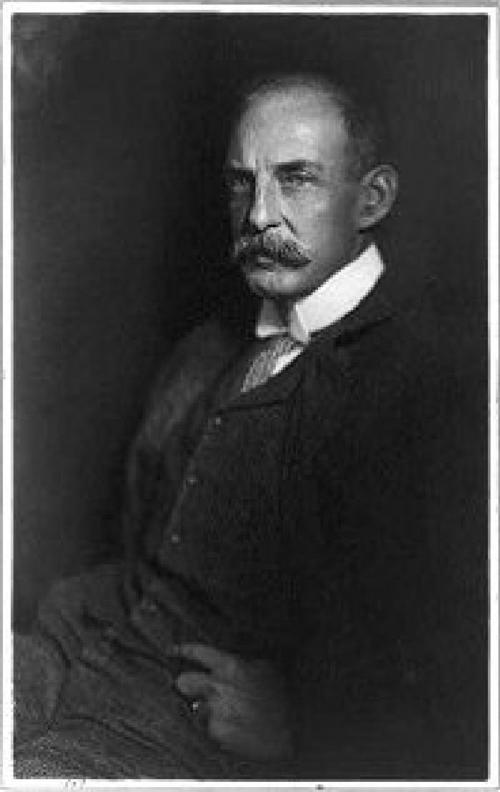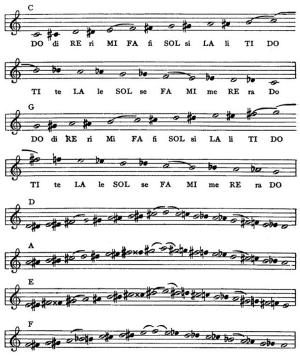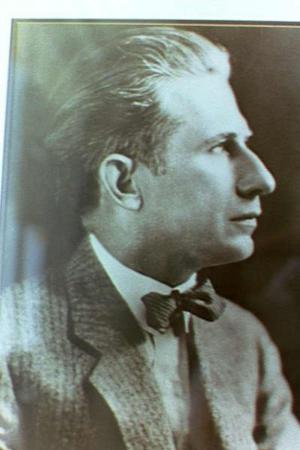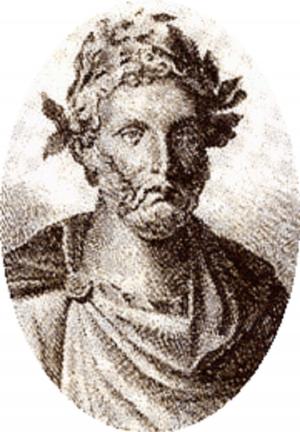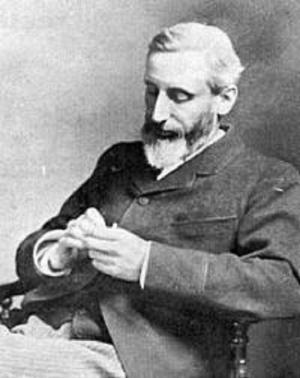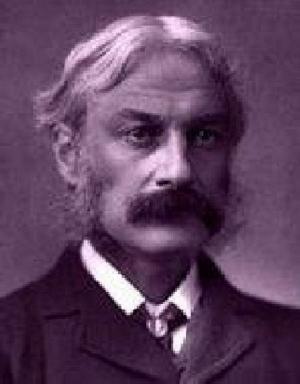| Author: | F. Marion Crawford | ISBN: | 9781455315840 |
| Publisher: | B&R Samizdat Express | Publication: | December 15, 2009 |
| Imprint: | Language: | English |
| Author: | F. Marion Crawford |
| ISBN: | 9781455315840 |
| Publisher: | B&R Samizdat Express |
| Publication: | December 15, 2009 |
| Imprint: | |
| Language: | English |
According to Wikipedia: "Francis Marion Crawford (August 2, 1854 - April 9, 1909) was an American writer noted for his many novels… ear by year Crawford published a number of successful novels. He also published the historical works, Ave Roma Immortalis (1898), Rulers of the South (1900) renamed Sicily, Calabria and Malta in 1904, and Gleanings from Venetian History (1905). In these his intimate knowledge of local Italian history combines with the romanticist's imaginative faculty to excellent effect. After most of his fictional works had been published, most came to think he was a gifted narrator, and his books of fiction, full of historic vitality and dramatic characterization, became widely popular among readers to whom the realism of problems or the eccentricities of subjective analysis were repellent. In The Novel: What It Is (1893), he defended his literary approach, self-conceived as a combination of romanticism and realism, defining the art form in terms of its marketplace and audience. The novel, he wrote, is "a marketable commodity" and "intellectual artistic luxury" (8, 9) that "must amuse, indeed, but should amuse reasonably, from an intellectual point of view. . . . Its intention is to amuse and please, and certainly not to teach and preach; but in order to amuse well it must be a finely-balanced creation. . . ." The Saracinesca series is perhaps known to be his best work, with the third in the series, Don Orsino, set against the background of a real estate bubble, told with effective concision. A fourth book in the series, Corleone, was the first major treatment of the Mafia in literature, and used the now-familiar but then-original device of a priest unable to testify to a crime because of the Seal of the Confessional; the novel nevertheless failed to live up to the standard set by the books earlier in the series. Crawford himself was fondest of Khaled: A Tale of Arabia, a story of a genie (genius is Crawford's word) who becomes human..."
According to Wikipedia: "Francis Marion Crawford (August 2, 1854 - April 9, 1909) was an American writer noted for his many novels… ear by year Crawford published a number of successful novels. He also published the historical works, Ave Roma Immortalis (1898), Rulers of the South (1900) renamed Sicily, Calabria and Malta in 1904, and Gleanings from Venetian History (1905). In these his intimate knowledge of local Italian history combines with the romanticist's imaginative faculty to excellent effect. After most of his fictional works had been published, most came to think he was a gifted narrator, and his books of fiction, full of historic vitality and dramatic characterization, became widely popular among readers to whom the realism of problems or the eccentricities of subjective analysis were repellent. In The Novel: What It Is (1893), he defended his literary approach, self-conceived as a combination of romanticism and realism, defining the art form in terms of its marketplace and audience. The novel, he wrote, is "a marketable commodity" and "intellectual artistic luxury" (8, 9) that "must amuse, indeed, but should amuse reasonably, from an intellectual point of view. . . . Its intention is to amuse and please, and certainly not to teach and preach; but in order to amuse well it must be a finely-balanced creation. . . ." The Saracinesca series is perhaps known to be his best work, with the third in the series, Don Orsino, set against the background of a real estate bubble, told with effective concision. A fourth book in the series, Corleone, was the first major treatment of the Mafia in literature, and used the now-familiar but then-original device of a priest unable to testify to a crime because of the Seal of the Confessional; the novel nevertheless failed to live up to the standard set by the books earlier in the series. Crawford himself was fondest of Khaled: A Tale of Arabia, a story of a genie (genius is Crawford's word) who becomes human..."
